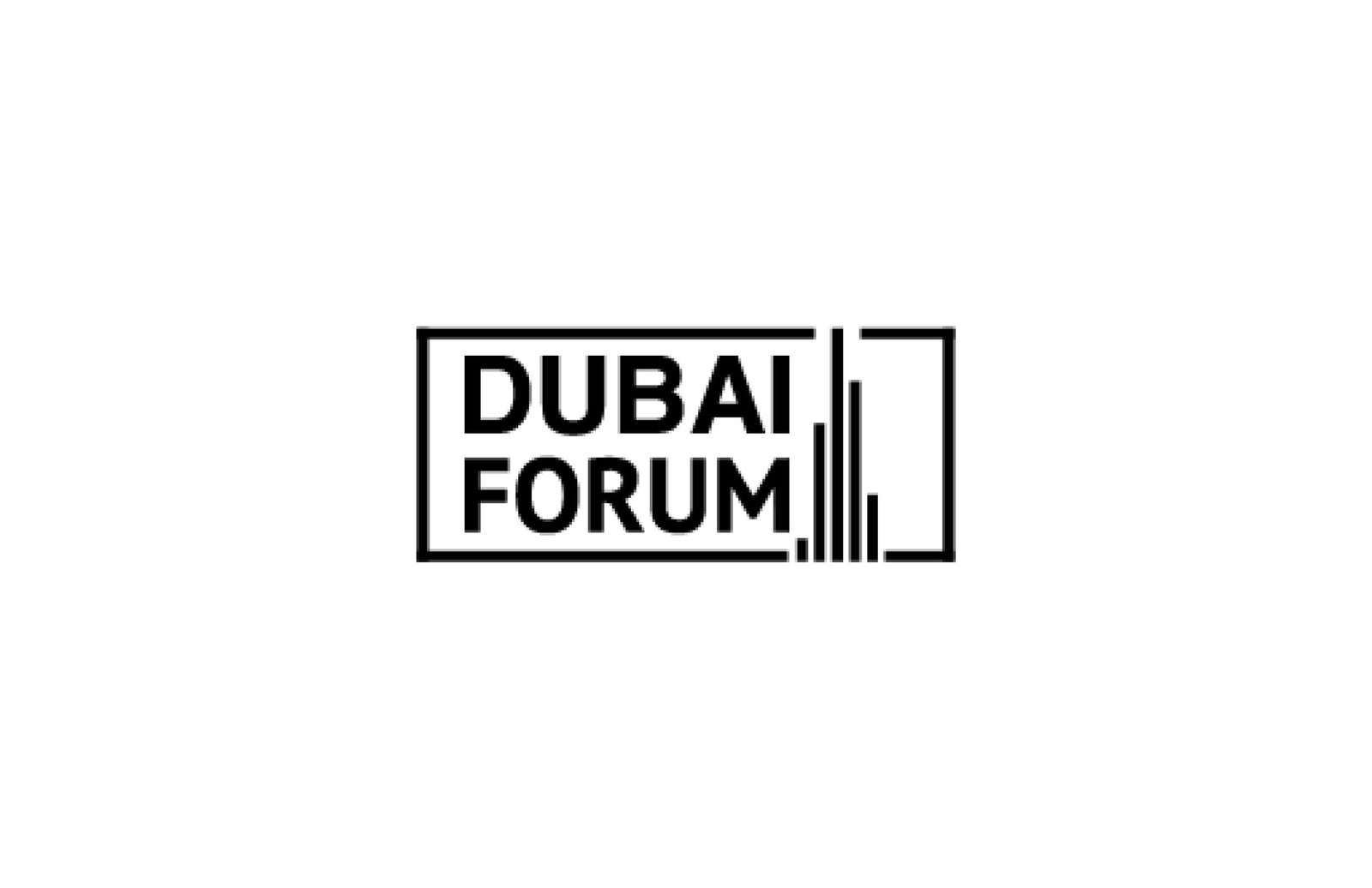The Resurgence of the Middle East's Economic Landscape: A Comprehensive Overview
In recent years, the Middle East has been witnessing a transformative shift within its economic landscape, characterized by diversification, innovation, and strategic initiatives aimed at enhancing long-term sustainability. The region, traditionally dominated by oil and gas revenues, is now emerging as a formidable hub for investment, technology, and entrepreneurship. This evolution not only reflects the region’s resilience but also its proactive approach to global economic challenges.
As governments throughout the Middle East strive to diversify their economies, a myriad of initiatives has been launched to foster environments conducive to innovation and entrepreneurship. Notably, Saudi Arabia’s Vision 2030, an ambitious reform plan aimed at reducing dependence on oil, is at the forefront of this economic metamorphosis. It seeks to transform various sectors including entertainment, tourism, and technology, thereby appealing to a younger, more dynamic demographic.
The United Arab Emirates (UAE), with its strategic location and competitive business environment, has also made significant strides. Cities like Dubai and Abu Dhabi are becoming increasingly attractive to startups and entrepreneurs. The Emirates’ comprehensive frameworks for business infrastructure are designed to facilitate easier access to funding and resources. With endeavors such as Startup Hub and the Dubai Future Accelerators, the UAE is positioning itself as a global leader in facilitating innovation.
Qatar’s economic trajectory is similarly impressive. Through its National Vision 2030, the country is investing heavily in education, healthcare, and infrastructure, and is actively working to create a knowledge-based economy. This vision underscores Qatar’s commitment to sustainability and has drawn significant foreign investment, particularly from firms eager to establish a foothold in the booming Gulf market.
However, the effects of the COVID-19 pandemic presented substantial challenges, exposing vulnerabilities within these economies heavily reliant on tourism and global trade. The swift and decisive responses by Gulf Cooperation Council (GCC) countries—characterized by fiscal stimuli, subsidy programs, and rapid vaccination campaigns—have showcased their adaptive capacity. The rebound in domestic consumption, alongside revived investor confidence, points towards a gradual but robust recovery.
The real estate sector, a critical component of the Middle East’s economy, is also undergoing a renaissance. Analysts note an increased demand for residential and commercial spaces, spurred on by young professionals and expatriates returning to the region as travel restrictions ease. Cities such as Doha and Riyadh are particularly benefitting from infrastructure projects and urban development initiatives that cater to the growing population and shifting dynamics of work and lifestyle preferences.
In addition, there is a growing emphasis on sustainable development across the board. Renewable energy is gaining traction, with countries like Saudi Arabia investing heavily in solar and wind projects. The landmark agreement signed during the COP26 conference in Glasgow serves as a testament to the region’s commitment to addressing climate change and reducing carbon emissions. These proactive measures demonstrate not just an awareness of global issues but also an ambition to be leaders in sustainable practices.
Moreover, the Middle East’s cultural fabric has begun to merge with its economic reforms. Festivals, arts initiatives, and community-driven projects have become integral components of national identities, further enhancing the appeal of these destinations to both tourists and expatriates. The blend of modernity and tradition has created a unique cultural currency that enriches the region’s global narrative.
Despite these advancements, challenges remain—political stability, geopolitical tensions, and economic inequality persist as pivotal issues in certain areas. Addressing these complexities will be crucial as nations navigate the intricacies of diplomatic relations, especially in an era marked by rapid globalization.
As the Middle East continues to redefine its place in the global economy, the interplay of culture, innovation, and sustainability will likely shape its future trajectory. The commitment from governments, alongside the entrepreneurial spirit of individuals, signals a promising horizon for future generations. With concerted efforts towards creating an inclusive and diversified economy, the region stands on the cusp of becoming a beacon of progress on the world stage.
In conclusion, the Middle East is not just recovering; it is evolving. The convergence of technology, investment, and unprecedented opportunities heralds a new era characterized by socioeconomic vigor. The region’s future, while rich with potential, will depend not only on the initiatives taken today but also on the resilience demonstrated as it strives to balance growth with sustainability.
Tags: #EconomyNews #RealEstateNews #UAE #Saudi

